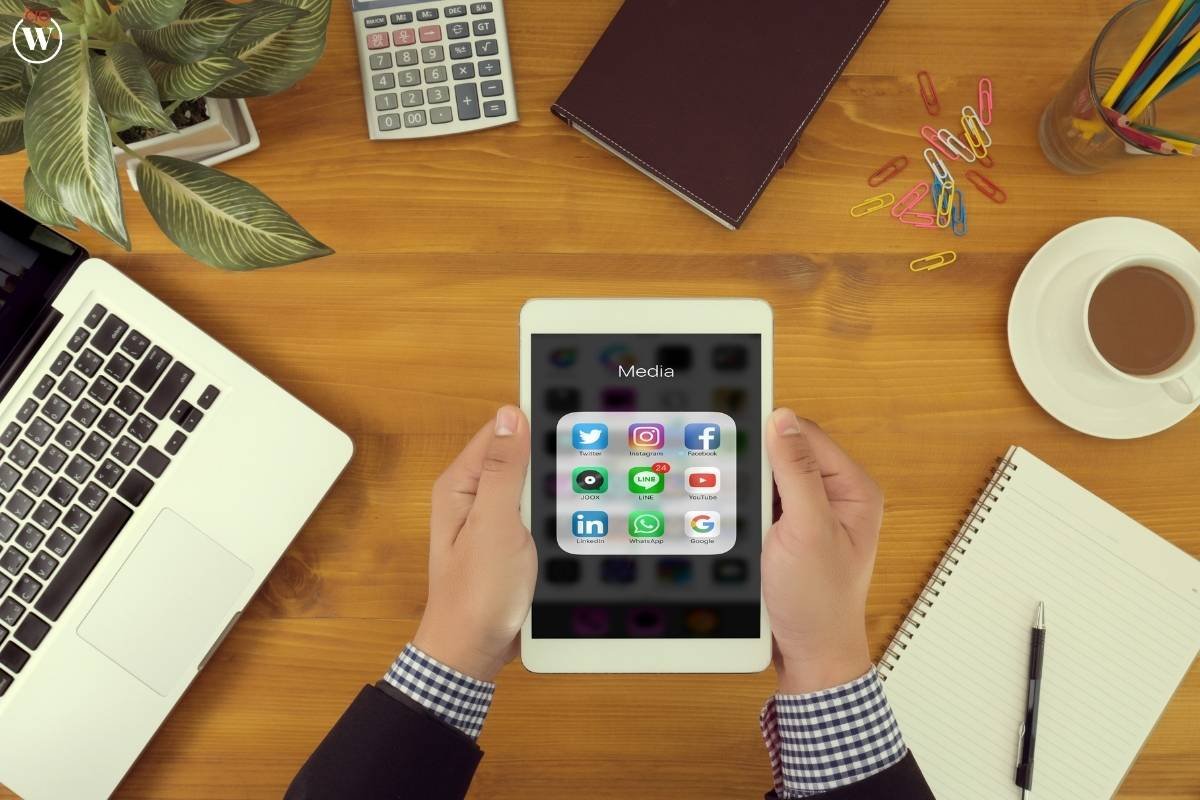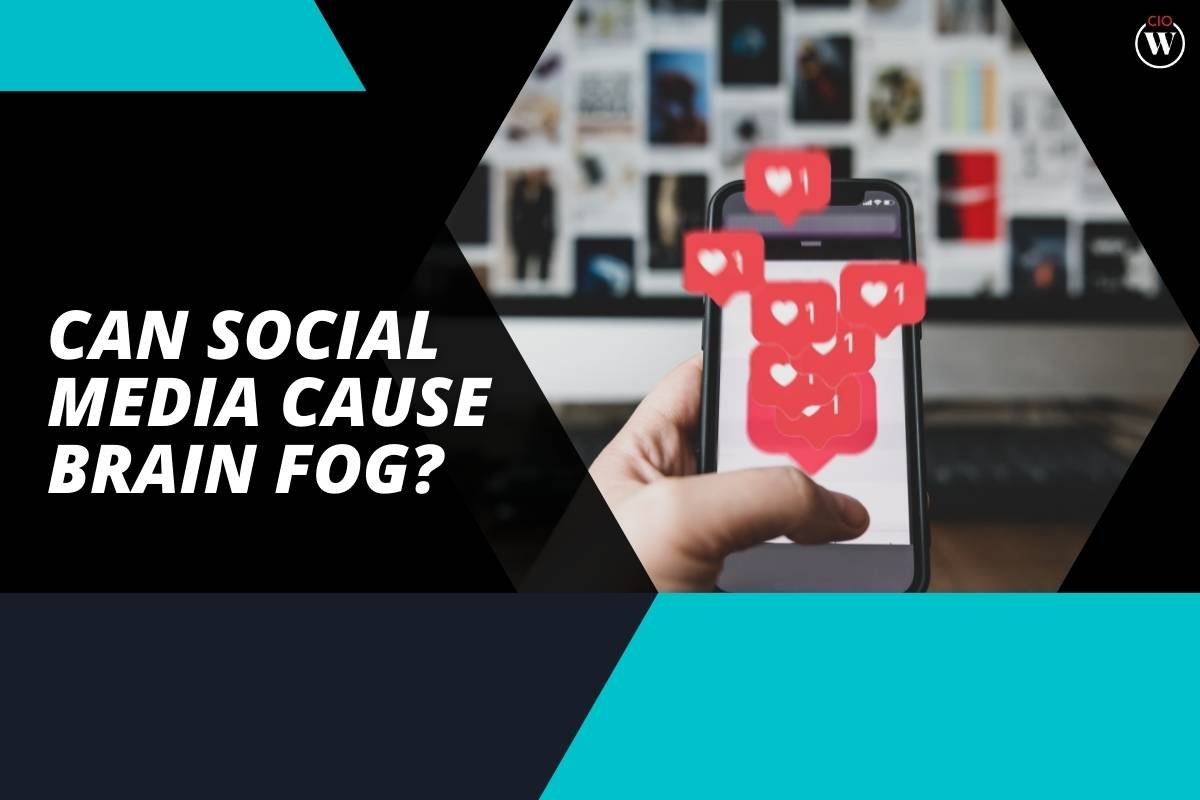In today’s digitally connected world, social media has become an integral part of our daily lives. We use it to stay informed, connect with friends and family, and even for professional networking. However, an increasing number of people are reporting feelings of mental fatigue and lack of focus, commonly referred to as “brain fog.” This raises an important question: Can social media cause brain fog? In this article, we will explore the potential link between social media use and brain fog, and provide insights on how to manage and mitigate its effects.
What is Brain Fog?
Brain fog is not a medical condition but rather a term used to describe a set of symptoms that affect a person’s ability to think clearly. These symptoms include:
- Difficulty concentrating
- Memory problems
- Mental fatigue
- Confusion
- Reduced ability to process information
While brain fog can be caused by various factors such as lack of sleep, stress, and medical conditions, there is growing concern about the role that social media might play in contributing to these symptoms.
Can social media cause brain fog? The impact
1. Information overload
One of the primary ways in which social media can cause brain fog is through information overload. Platforms like Facebook, Twitter, and Instagram are constantly updating with new content, and users often feel the need to stay up-to-date with the latest posts, news, and trends. This constant influx of information can overwhelm the brain, making it difficult to process and retain information. Studies have shown that excessive information intake can lead to cognitive overload, which impairs attention and memory.
2. Multitasking

Social media encourages multitasking, which can negatively impact cognitive function. For example, many people check their social media accounts while working, studying, or even watching TV. This divided attention can lead to decreased productivity and increased mental fatigue. Research has demonstrated that multitasking can reduce the brain’s efficiency and lead to long-term cognitive impairments.
3. Sleep disruption
The blue light emitted by screens can interfere with the production of melatonin, a hormone that regulates sleep. Many people use their phones or tablets late at night to browse social media, which can delay sleep onset and reduce sleep quality. Poor sleep is a significant contributor to brain fog, as it affects cognitive functions such as memory, attention, and decision-making.
4. Social comparison and stress
Social media often promotes unrealistic standards and ideals, leading users to compare themselves with others. This constant comparison can result in feelings of inadequacy, low self-esteem, and stress. Chronic stress is known to impair cognitive function and contribute to brain fog. The pressure to present a perfect image online can also add to mental strain and fatigue.
5. Addiction and Dopamine
Social media platforms are designed to be addictive, with features such as likes, shares, and notifications triggering the release of dopamine, a neurotransmitter associated with pleasure and reward. Over time, this can lead to addictive behaviors, where users feel compelled to check their social media accounts frequently. This constant engagement can deplete mental resources and contribute to feelings of brain fog.
Strategies to mitigate the effects of social media on brain fog
While social media can have negative effects on cognitive function, there are several strategies that can help mitigate these effects and promote better mental clarity. The answer to can social media cause brain fog includes,
1. Limit screen time

One of the most effective ways to combat brain fog caused by social media is to limit screen time. Setting specific time limits for social media use can help reduce information overload and mental fatigue. For example, you might choose to spend no more than 30 minutes per day on social media or designate certain times of the day for checking your accounts.
2. Practice mindfulness
Mindfulness practices, such as meditation and deep breathing exercises, can help improve focus and reduce stress. Taking regular breaks to practice mindfulness can counteract the cognitive strain caused by social media use. Mindfulness can also help increase awareness of how much time you are spending on social media and encourage more intentional use.
3. Establish a digital detox routine
A digital detox involves taking a break from all digital devices, including social media, to give your brain a chance to rest and recharge. Regular digital detoxes, whether for a few hours, a day, or even a weekend, can significantly reduce brain fog. Use this time to engage in offline activities that promote relaxation and mental clarity, such as reading, exercising, or spending time in nature.
4. Enhance sleep hygiene
Improving sleep hygiene can mitigate the negative effects of social media on sleep and, consequently, brain fog. This includes establishing a regular sleep schedule, creating a relaxing bedtime routine, and minimizing screen time before bed. Consider using apps that filter blue light or wearing blue light-blocking glasses if you need to use screens at night.
5. Curate your social media feed

Being selective about the content you consume can reduce the negative impact of social media on your mental health. Follow accounts that promote positivity, education, and inspiration, and unfollow or mute those that trigger stress, anxiety, or negative self-comparison. Creating a more positive and supportive online environment can help alleviate some of the cognitive strain associated with social media.
6. Engage in real-life social interactions
While social media can facilitate virtual connections, real-life social interactions are crucial for mental well-being. Make an effort to spend time with friends and family in person, engage in meaningful conversations, and participate in social activities. These interactions can provide emotional support and reduce feelings of isolation, which can help improve cognitive function and reduce brain fog.
Conclusion
The question of can social media cause brain fog is complex and multifaceted. While social media can undoubtedly contribute to cognitive overload, stress, and sleep disruption, leading to symptoms of brain fog, it is also possible to use these platforms in ways that minimize their negative impact. By setting boundaries, practicing mindfulness, and prioritizing real-life interactions, individuals can enjoy the benefits of social media without compromising their mental clarity and cognitive function.
In conclusion, it is essential to be mindful of how social media affects your mental health and to take proactive steps to mitigate its impact. By doing so, you can enjoy a more balanced and fulfilling digital experience, free from the haze of brain fog. Remember, the goal is not to eliminate social media from your life entirely but to find a healthy and sustainable way to integrate it into your daily routine.









